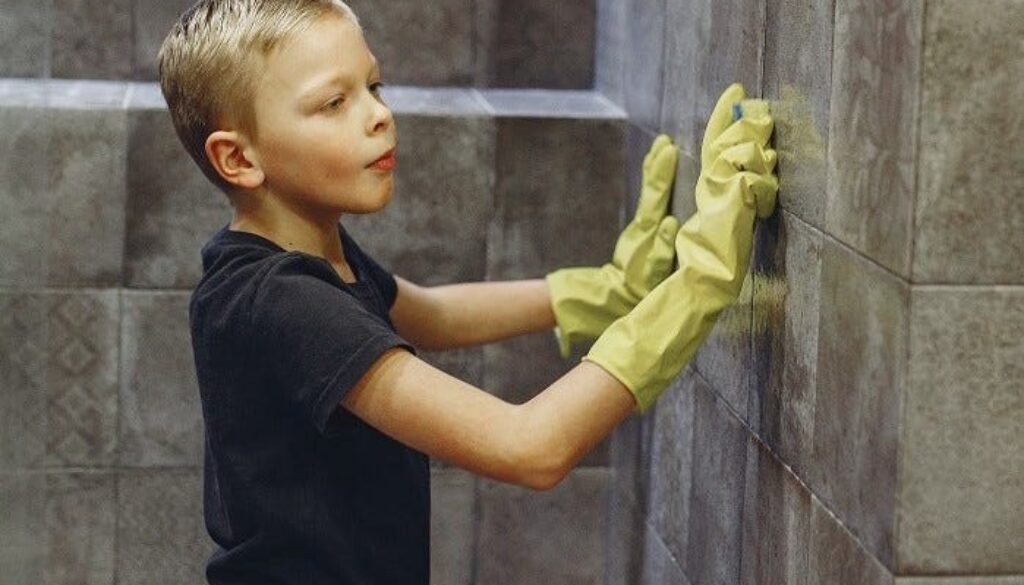Leveraged Delegation at Home
By Aparna Mele, MD

We all know how busy the holidays can get, between preparing large family feasts and decorating for the holidays, all while keeping the house clean. But there is no reason to let all these household tasks overwhelm you. It’s time to apply business principles at home and delegate household tasks to your kids!
Delegating household tasks to kids is important because it helps them develop a sense of responsibility, independence, and confidence. It prepares them for future success by teaching them practical life skills and the importance of contributing to a shared home environment.
By assigning jobs to your children, it creates a sense of belonging for them, as their contributing to the household helps them feel like they are in fact an essential part of the family unit. Household chores for your kids at home builds responsibility and accountability as they learn to own their tasks and understand that their contribution is necessary for the family. Tasks foster independence and when they successfully complete these chores, this helps build self-confidence and gives them the skills they’ll need to manage their own lives as adults. We can all attest to the incredible life skills that are developed, as tasks like cleaning, organizing, or meal prep provide practical knowledge that will be useful throughout their lives. Chores also improve self-management, helping children develop skills like working memory, emotional regulation, and mental flexibility, which are important for academic and life success.
The benefits to you are tremendous as sharing the workload reduces your own stress and makes household management more manageable for parents. By delegating, you can reduce your own chore time and gain more opportunities to spend quality time with your children. Finally, your own productivity will be increased, as delegating allows you to focus on high-priority activities while ensuring necessary tasks still get completed efficiently.
Some strategies that can make task assigning a little more manageable:
- Start small. If your kids aren’t used to doing chores, don’t overwhelm them with a long list of tasks all at once. Instead, just start with one or two simple chores that they can easily accomplish, like putting away their toys or setting the table. As they get more comfortable with the idea of doing chores, you can gradually add more tasks to their list.
- Make it fun. Try turning chores into a game or challenge. For example, see who can clean up their toys the fastest or who can fold laundry the neatest. Make a chore chart and let your kids earn rewards for completing their tasks. Prioritize the less pleasant chores first and then their reward could be a much more fun task, like decorating the house together for the holidays.
- Be consistent. Kids thrive on routine and consistency, so make sure you’re delegating tasks on a regular basis. Set a specific time each day or week for your kids to do their chores, and stick to it as much as possible. Consistency will help your kids develop good habits and make it easier for everyone to stay on top of things.
- Give them a say. Let your kids have some input into what chores they do. They may be more motivated to complete tasks, if they feel like they have a choice in the matter. You could make a list of chores and let your kids pick which ones they want to do, or ask them to come up with their own ideas for tasks that they can do to help out.
- Lead by example. Kids learn by example, so if you want them to take responsibility and do their share of the work, you need to model that behavior yourself. Make sure you’re also doing your fair share of household tasks, and don’t hesitate to ask for help when you need it.
The best gift you can give your children is teaching them how to be responsible and hard-working adults with good work ethics. Your future self (and your kids) will thank you!



